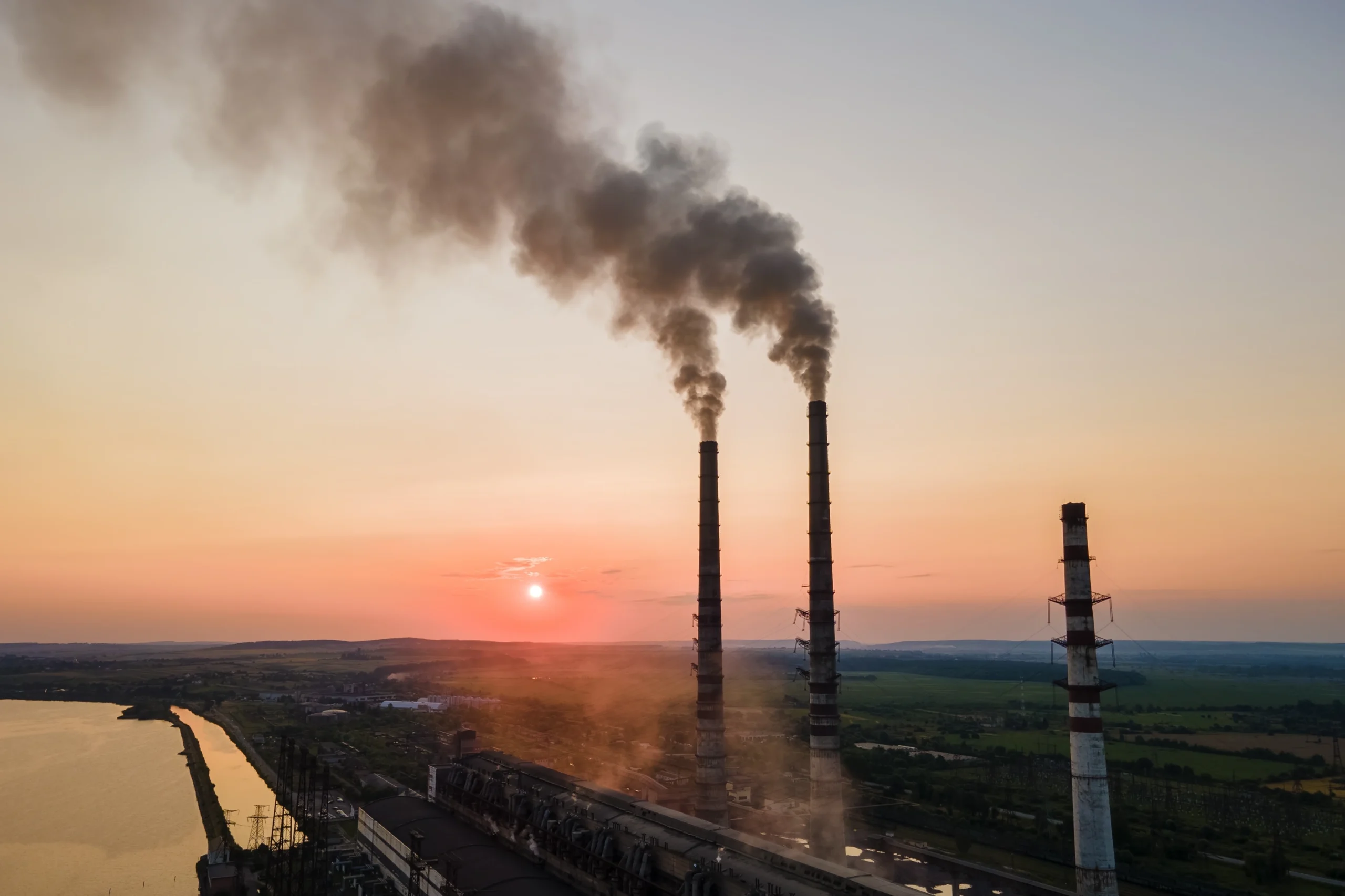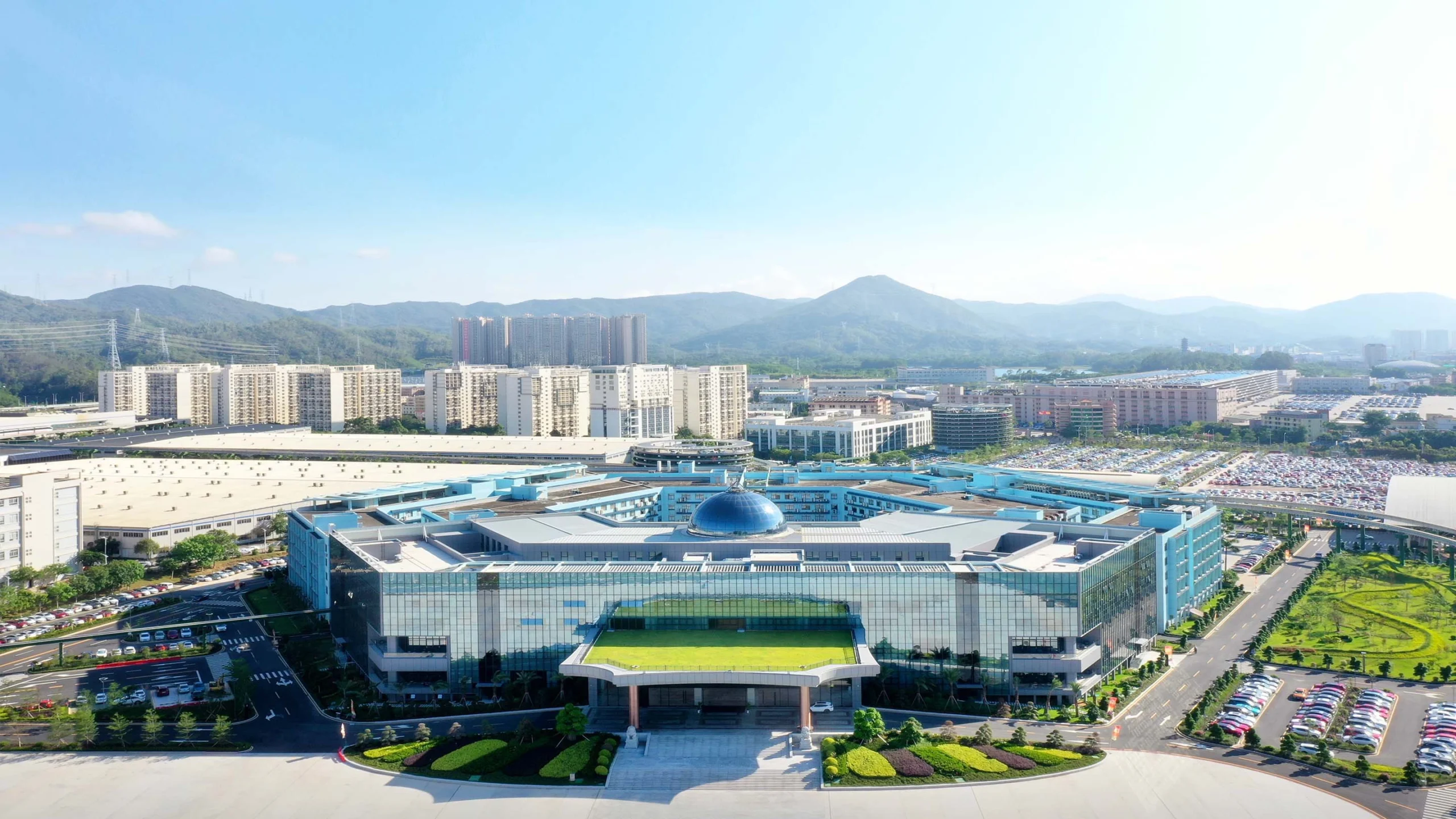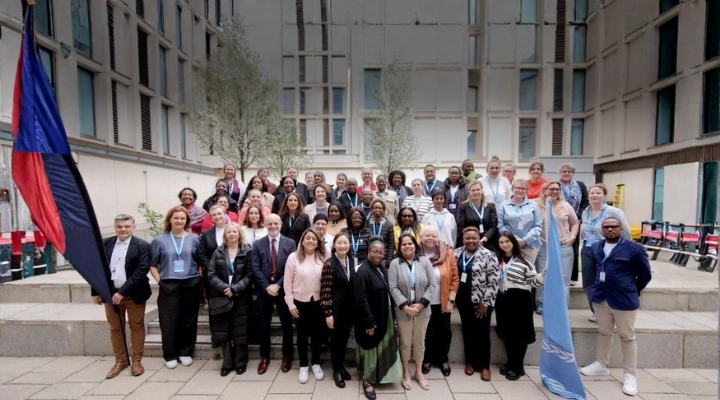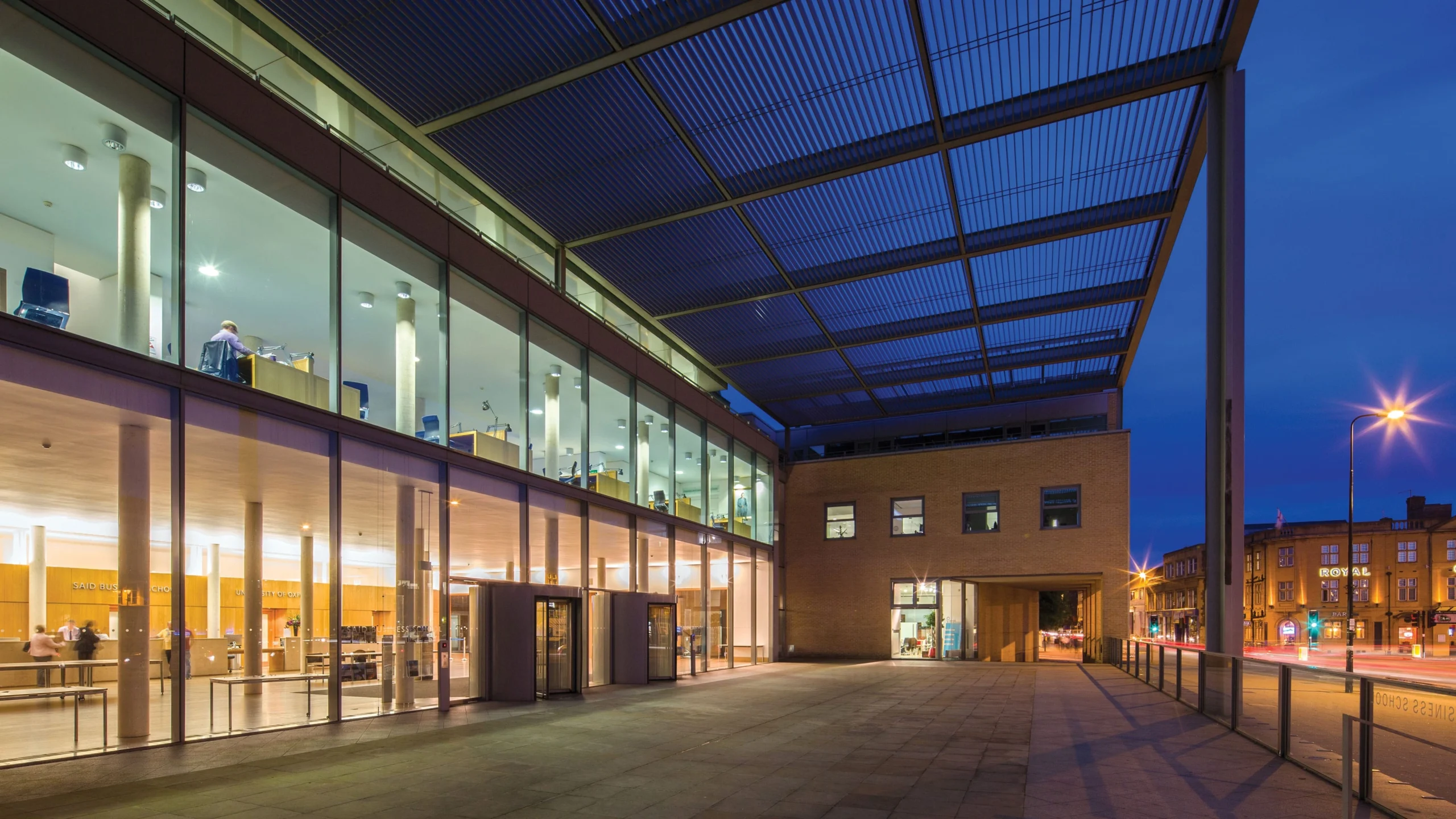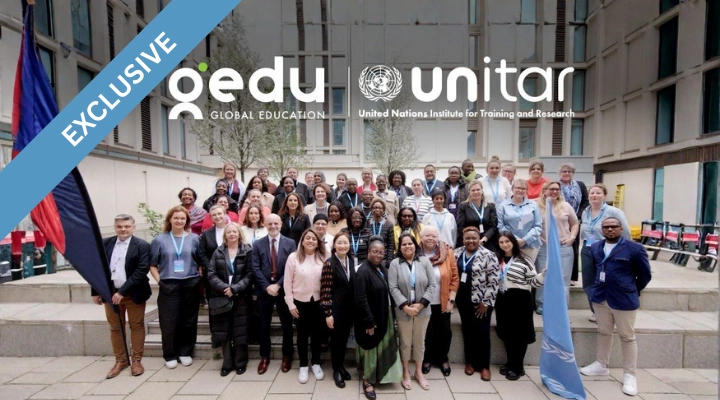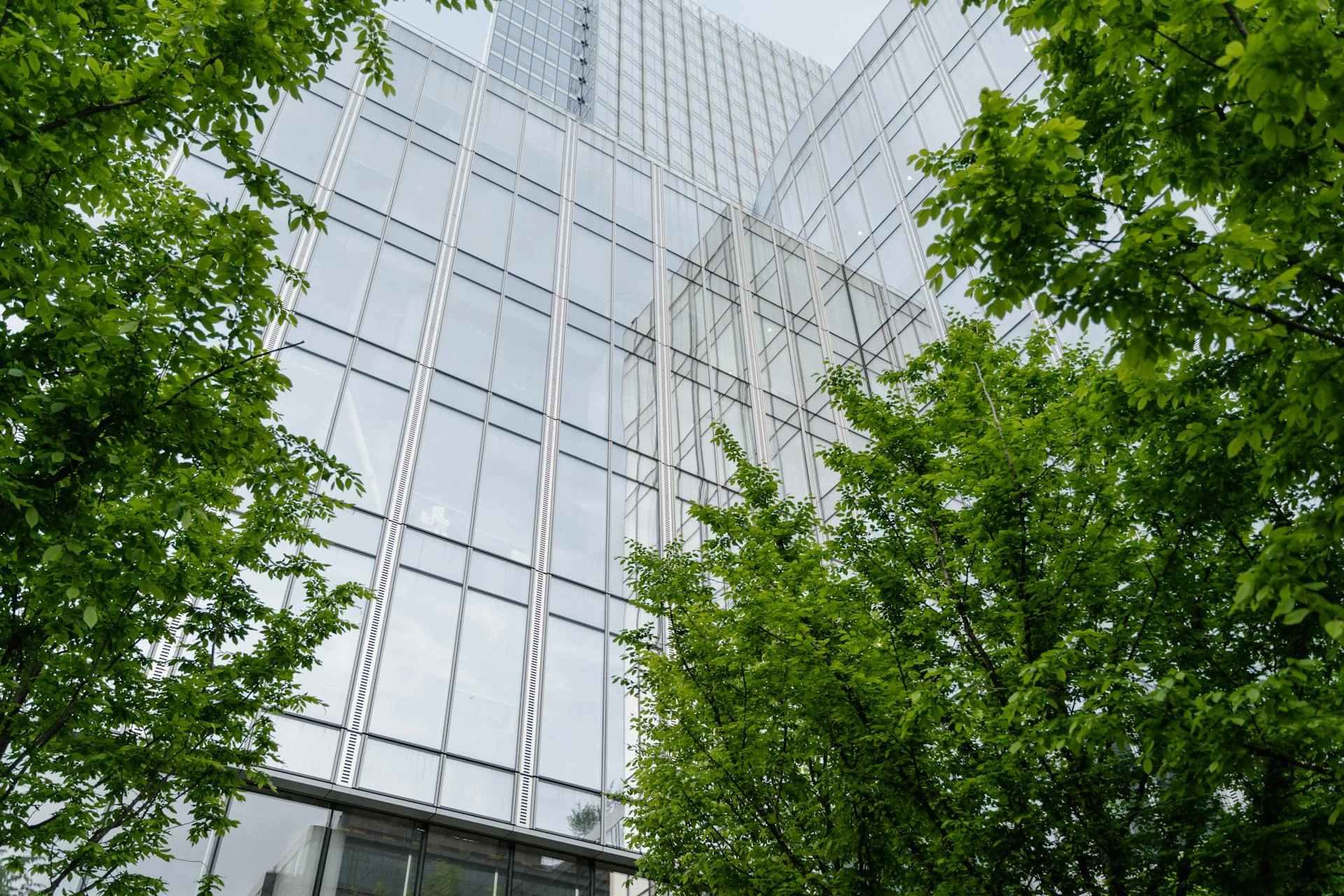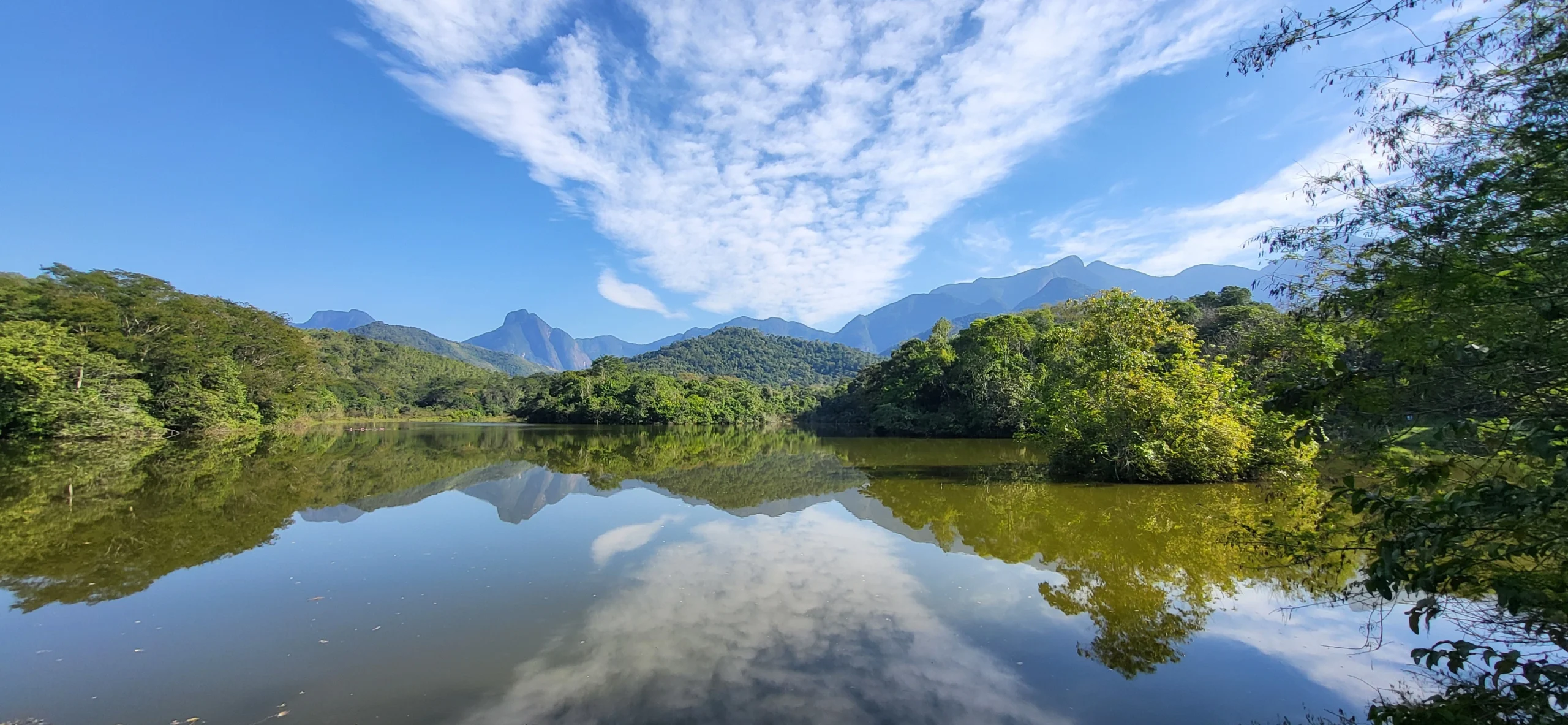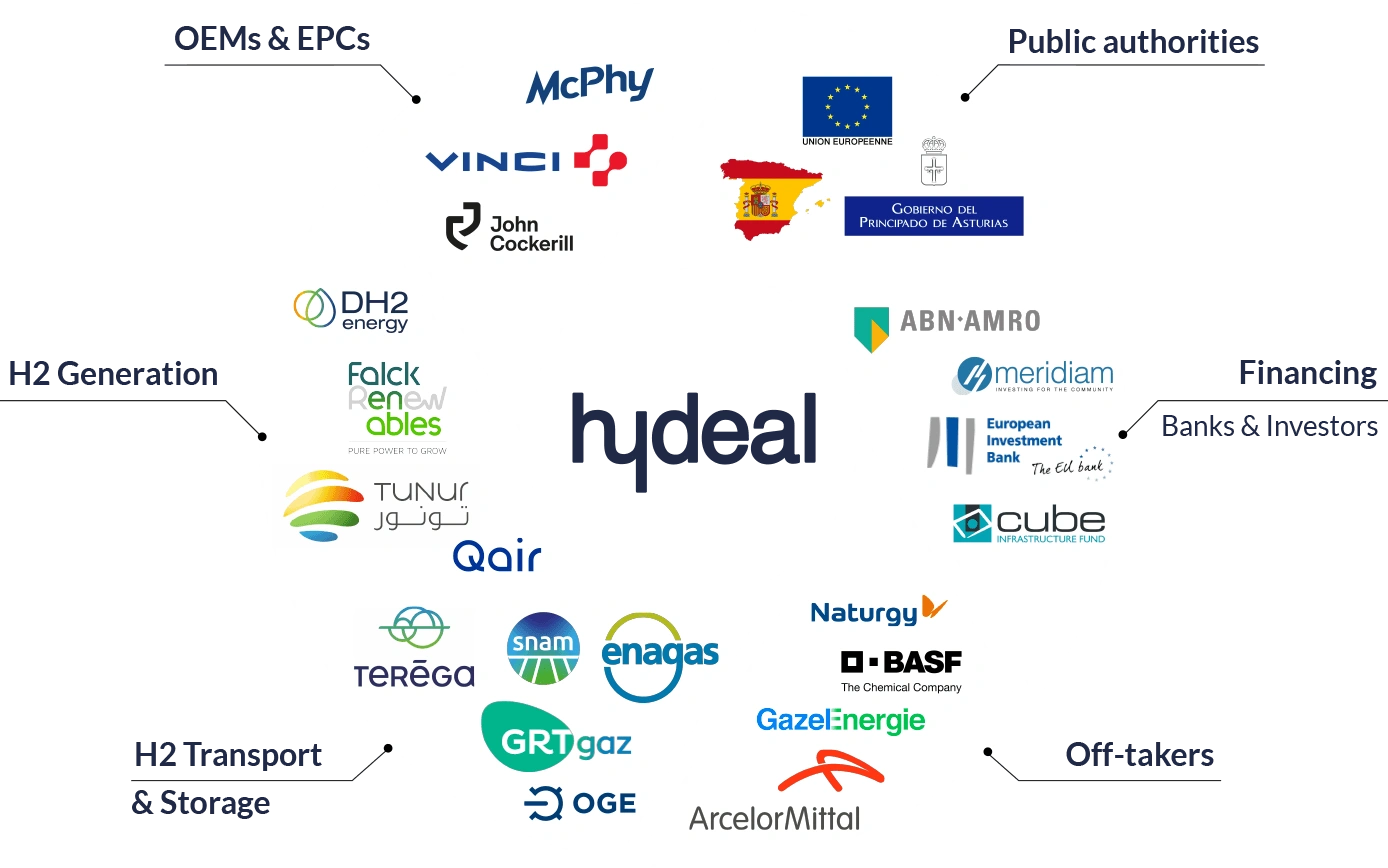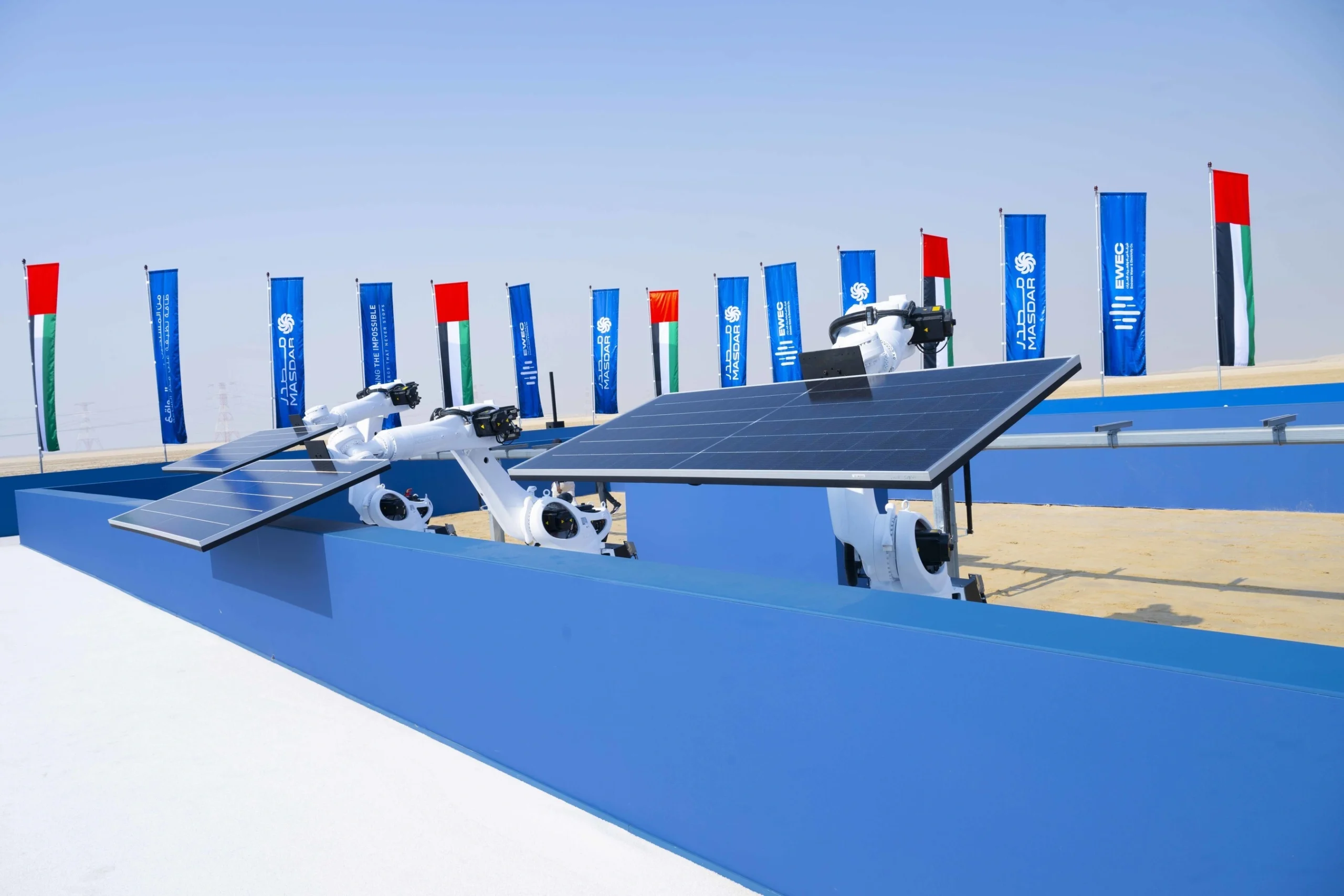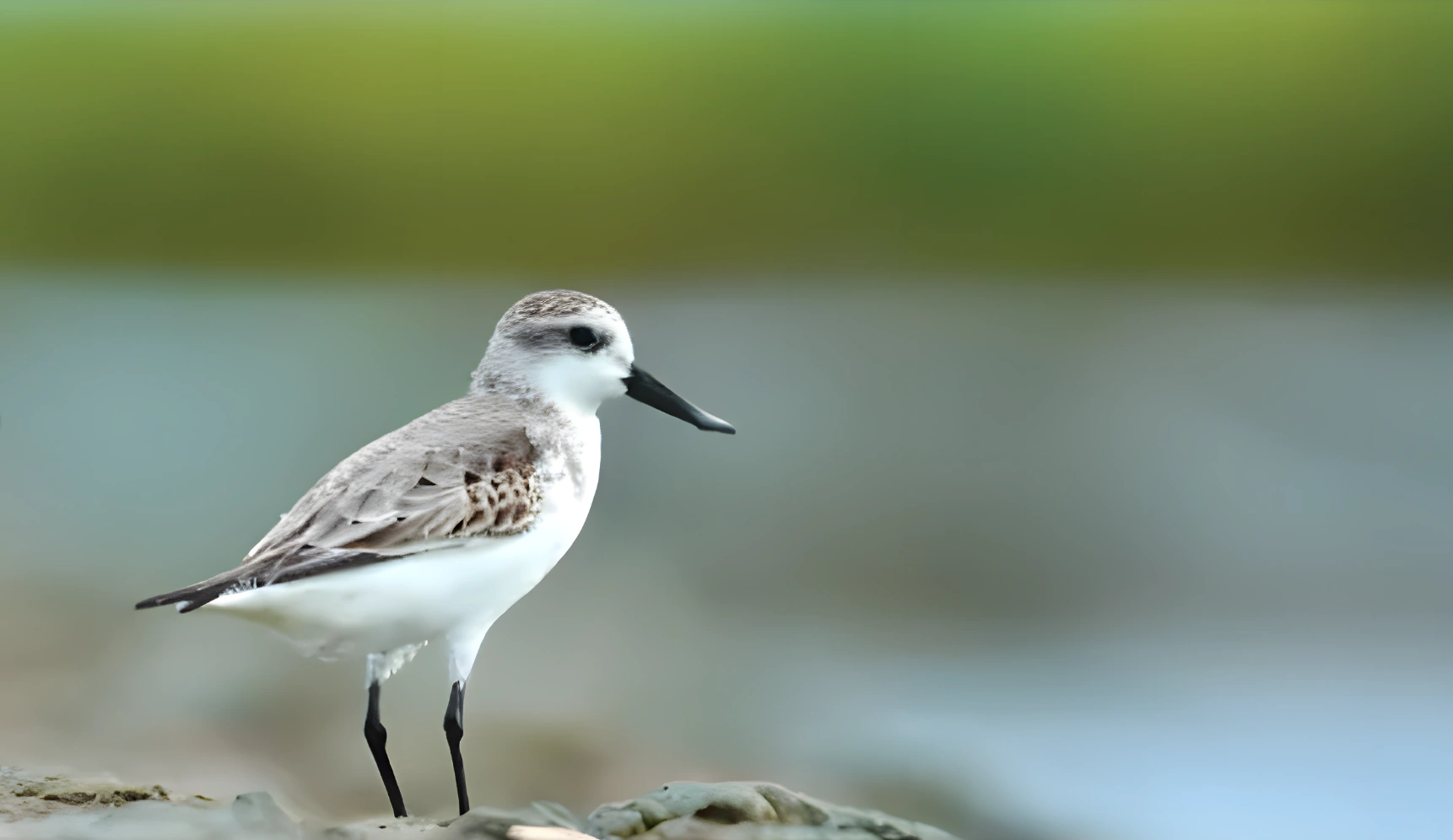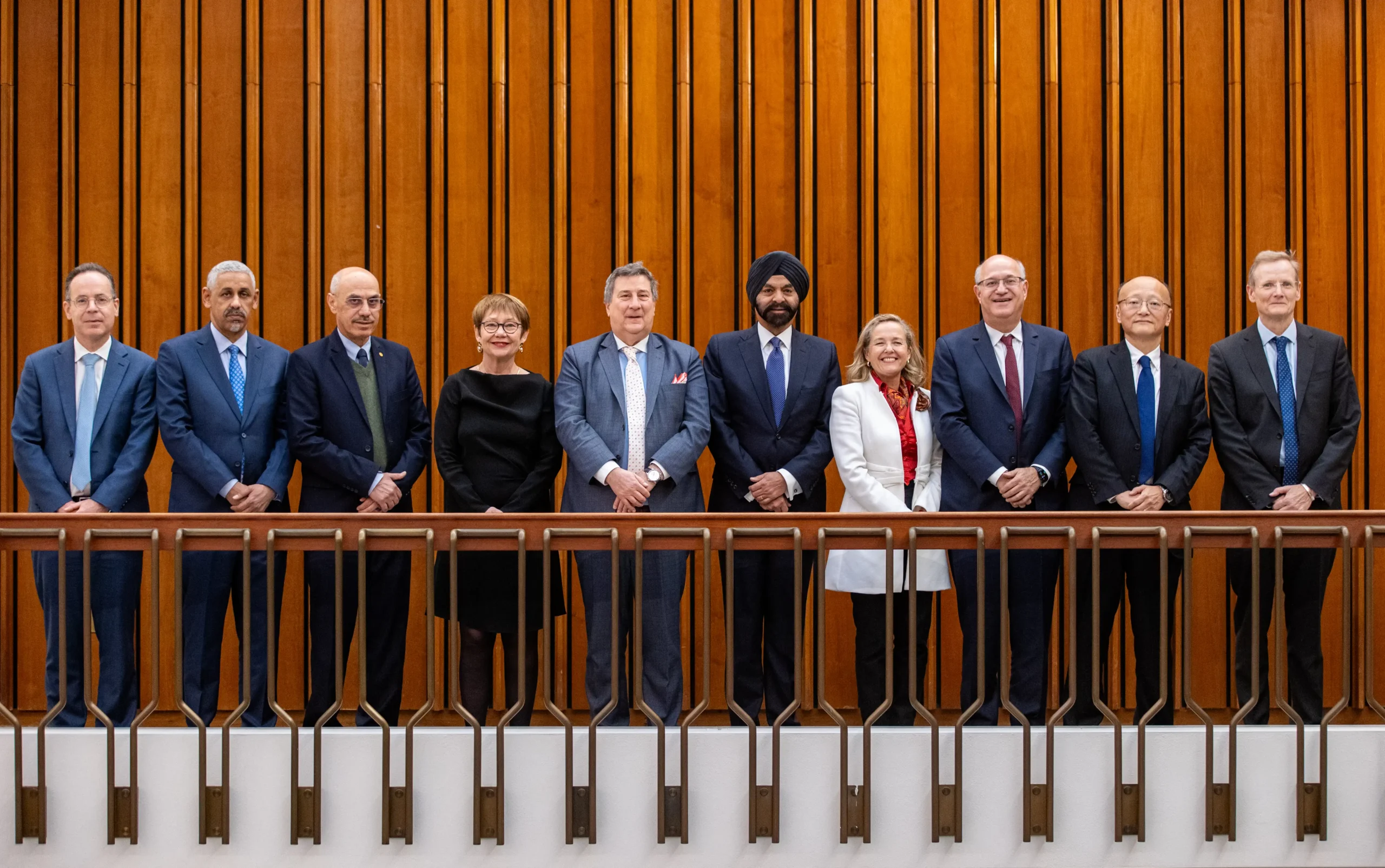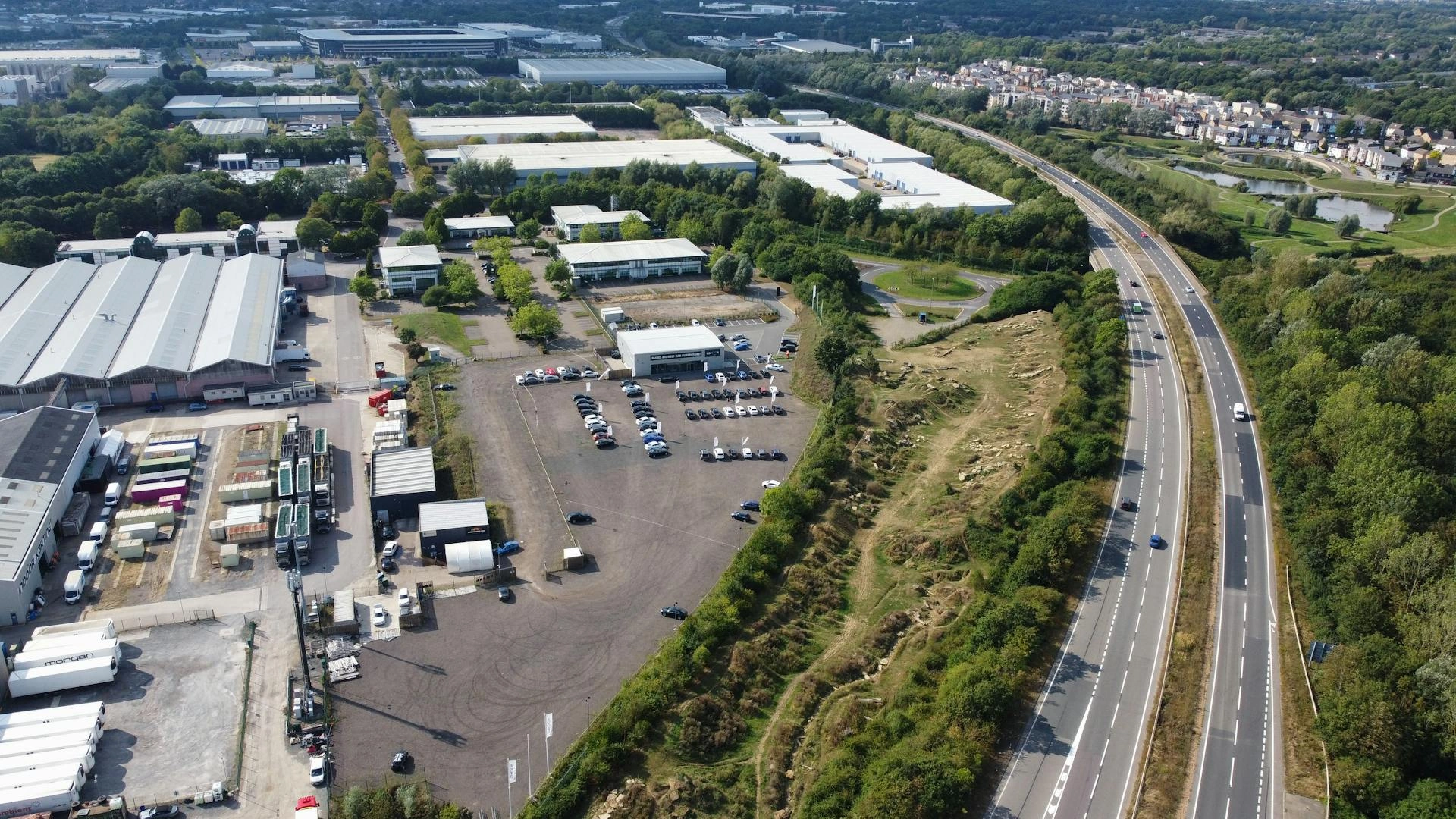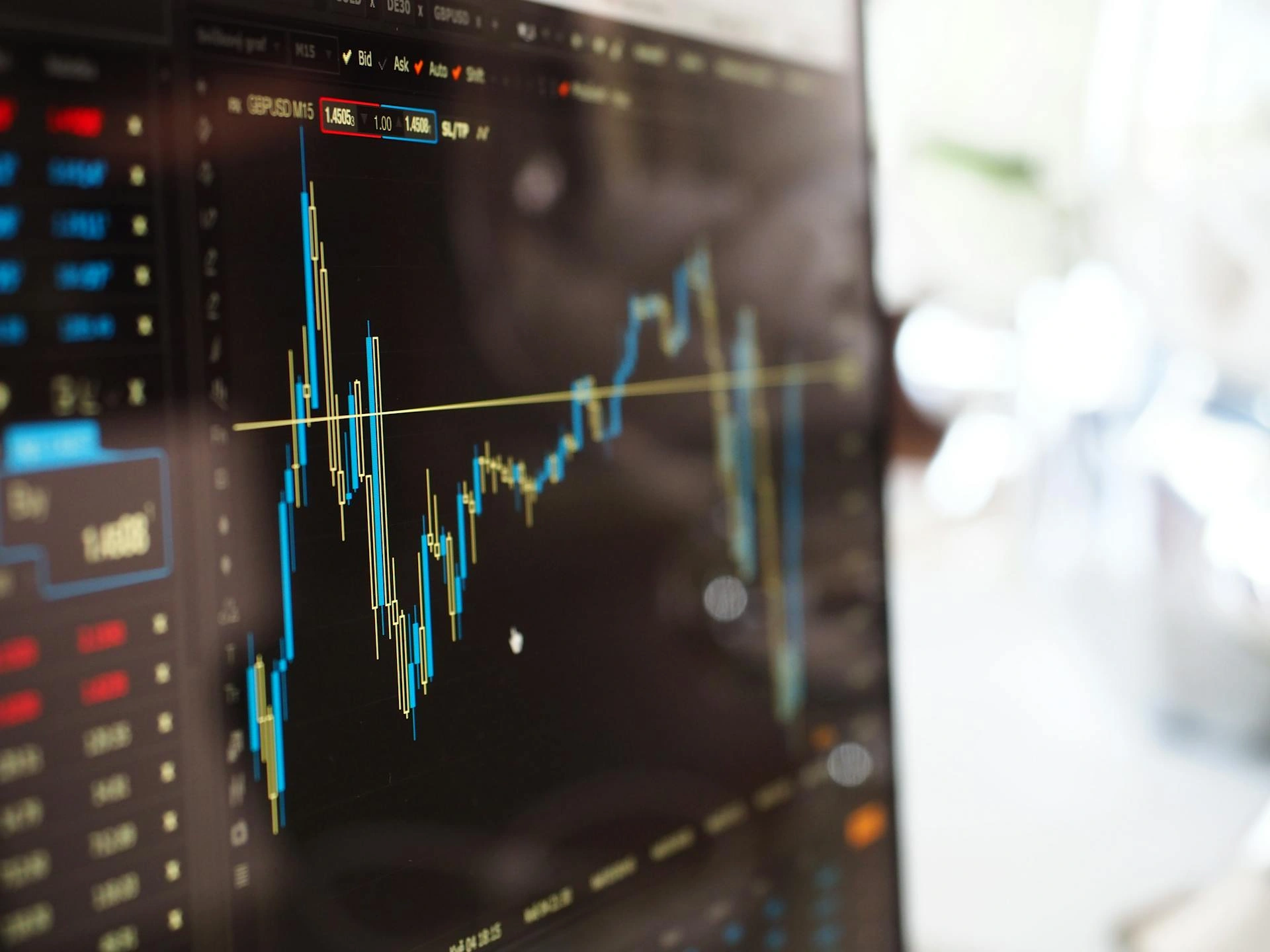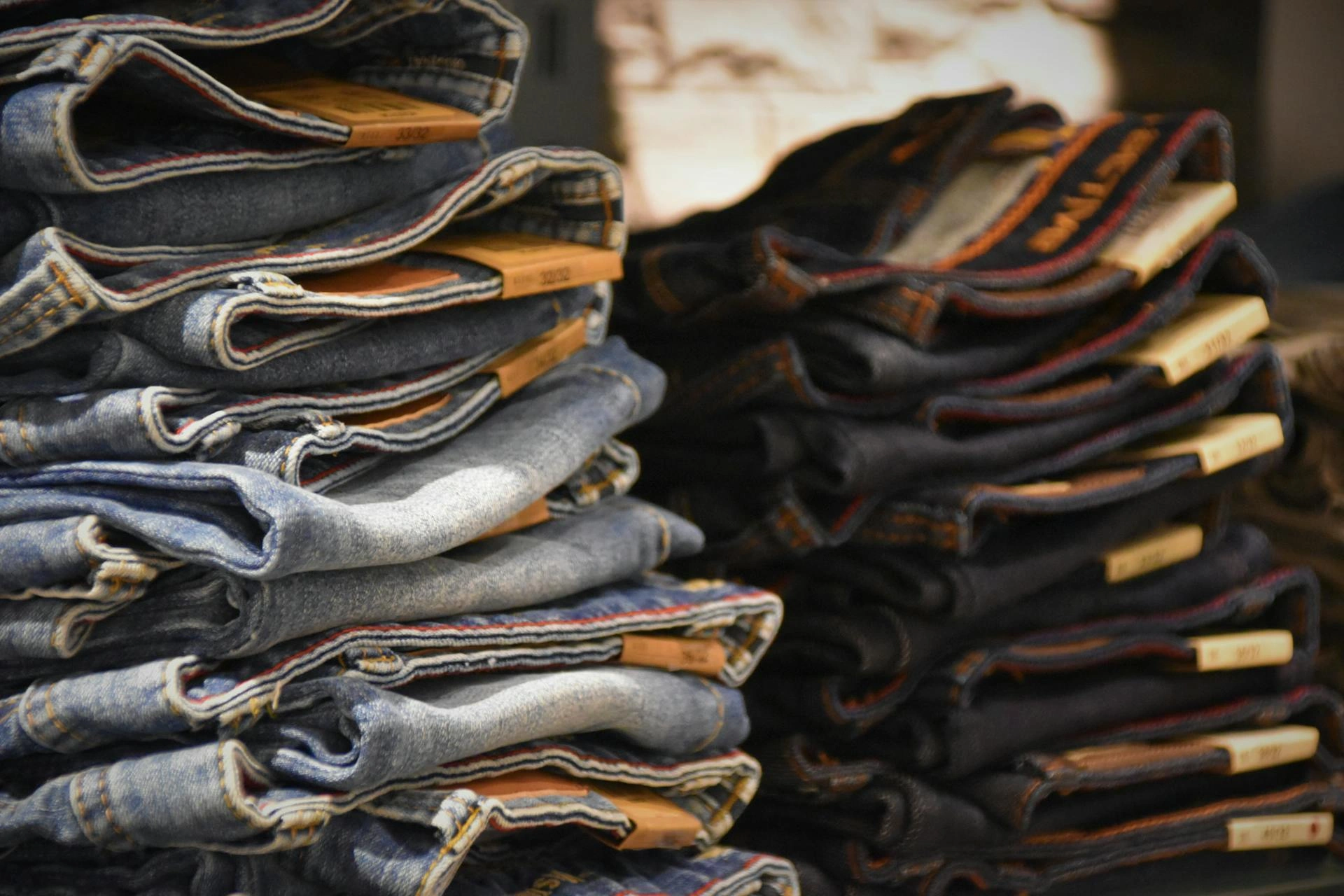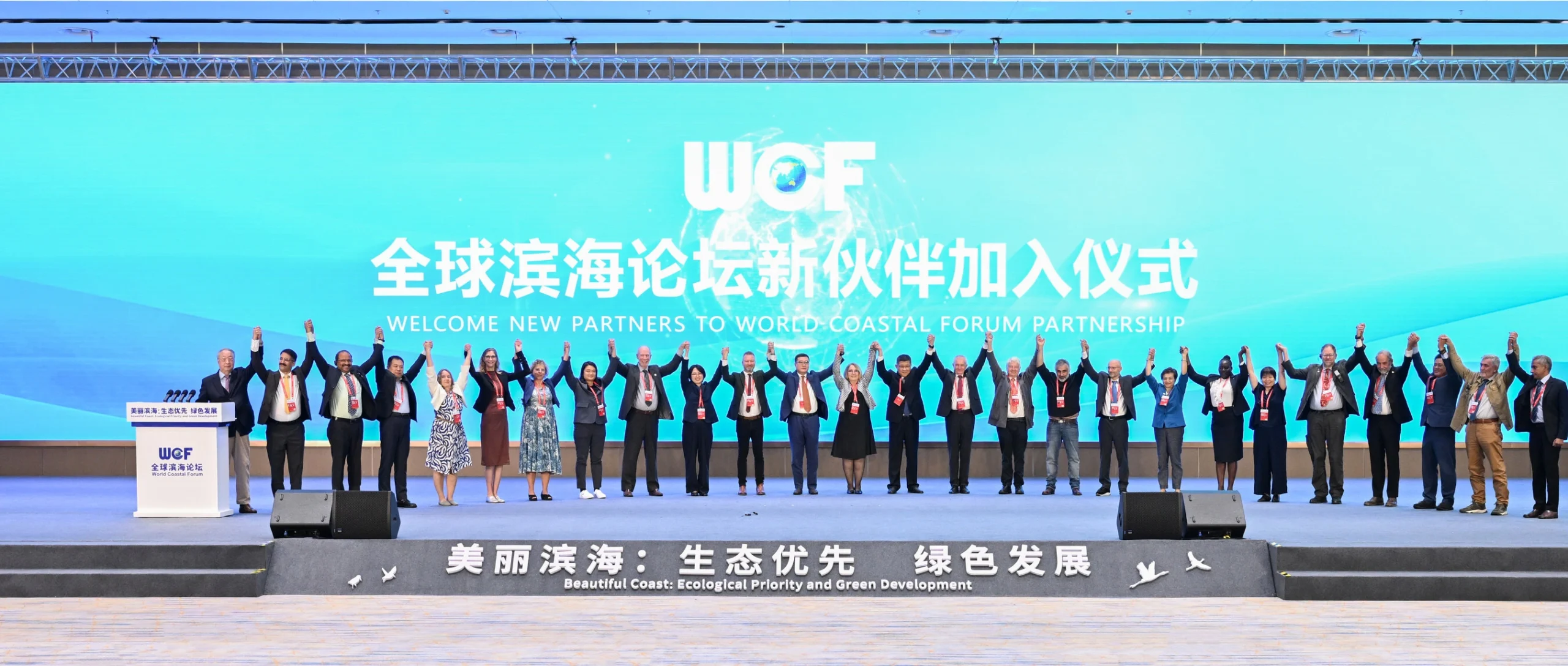Africa: energy hub in the making

John E. Kaye
- Published
- Home, Sustainability

The African continent is rich in natural resources, but most of the people in the region are suffering from hunger and poverty. Africa has seen many disease outbreaks, including the life-threatening Ebola virus. Corruption is rife in the continent which makes it difficult to execute development projects.
Nigeria (situated in West Africa) is Africa’s most populous country. The country produces crude oil (between 1.5 and 2 million barrels per day) and is a member of OPEC (The Organisation of the Petroleum Exporting Countries). Public knowledge of the African energy sector is limited to Nigeria. Little is talked about the Horn of Africa, which promises massive potential in the energy sector.
The Horn of Africa is a peninsula in Northeast Africa. It has four countries; Djibouti, Eritrea, Ethiopia, and Somalia.
Ethiopia
Ethiopia has the fastest growing economy in Africa. The country’s 2017 GDP was US $80.87bn dollars (7.7% growth). The IMF World Economic Outlook report predicted 8.5% growth in the year 2018 (actual figure not yet confirmed).
Key information (about Ethiopia) extracted from the World Economic Outlook report
- The country’s economic growth is largely driven by an increase in industrial activity
- It is investing money on its infrastructure to improve the business environment
- The Government of Ethiopia is promoting its manufacturing sector
- Water storage (Dam) facilities are being built. The under-construction Grand Renaissance Dam will be the largest Dam on the African continent. This Dam will house two power stations with a combined output of 15,000 GWh per year
- The country launched a light rail system in the year 2015. The project was designed and implemented by China but like its brethren in Africa, Ethiopia also could not pay back its loans. Last year it had to ask China to restructure the debt.
Ethiopia: Foreign exchange earnings
In the services sector, it is the national flag carrier, Ethiopian Airlines, which brings in foreign exchange. It serves over 100 international destinations. In its 2016/17 financial year, Ethiopian Airlines generated US $2.7bn in revenue (over 11 percent from the previous year).
Ethiopia’s export of coffee is worth around US $800m (coffee-dollars). The country is planning to triple its coffee production in the coming five years.
Ethiopia: Trade partner
No prizes for guessing! China is Ethiopia’s main trade partner. However, the country’s cheap labour has also attracted investments from western fashion brands like H&M, Guess, J.Crew and Naturalizer. These brands have opened manufacturing centres in the country.
China’s interest in Ethiopia is focused on;
- Buying state-owned companies
- Building the country’s infrastructure
- Oil and Gas exploration
Poly-GCL
China’s state-owned Poly Group Corporation and Hong Kong-based private entity Golden Concord Group formed a joint venture named Poly-GCL. The company is exploring oil and gas reserves in Ethiopia and other countries in the region. It discovered (estimated) 6 to 8 Trillion Cubic Feet of gas in Ethiopia.
Latest Development
Reuters (17 February 2019) reports,
“Ethiopia and Djibouti have signed a deal to build a pipeline to transport Ethiopian gas to an export terminal in the Red Sea state”.
Poly-GCL had signed (one year ago) an MOU with Djibouti to invest $4 billion to build the natural gas pipeline, a liquefaction plant and an export terminal to be located in Damerjog (Djibouti).
China is conducting business with both the neighbouring countries.
Commenting on the strategic importance of this gas pipeline project, Djibouti’s Energy Minister Yonis Ali Guedi told Reuters,
“It is the most expensive project ever built in the Horn of Africa region. The two parties have reached an agreement in principle to allow them to benefit from the project in an equitable manner”.
Outlook
Oil and gas E&P companies are getting interested in Africa with each passing day. Tanzania has proven gas reserves of 57 trillion cubic feet. The country opened a new 167.82 MW natural gas power plant in April 2018 costing US $344m.
Mozambique is basking on 100 trillion cubic feet of proven gas reserves (yet to be developed).
From the point of view of oil and gas E&P companies doing business in Africa is a low-risk venture as compared to wild-cat exploration projects (Pakistan, Indonesia and Papua New Guinea). Also, Africa has cheap labour.
The proven energy reserves of the African continent can change the destiny of the region’s countries. Only two things can stop Africa’s prosperity; corruption and Chinese debt.
RECENT ARTICLES
-
 Strong ESG records help firms take R&D global, study finds
Strong ESG records help firms take R&D global, study finds -
 How residence and citizenship programmes strengthen national resilience
How residence and citizenship programmes strengthen national resilience -
 Global leaders enter 2026 facing a defining climate choice
Global leaders enter 2026 facing a defining climate choice -
 EU sustainability rules drive digital compliance push in Uzbekistan ahead of export change
EU sustainability rules drive digital compliance push in Uzbekistan ahead of export change -
 China’s BYD overtakes Tesla as world’s largest electric car seller
China’s BYD overtakes Tesla as world’s largest electric car seller -
 UK education group signs agreement to operate UN training centre network hub
UK education group signs agreement to operate UN training centre network hub -
 Mycelium breakthrough shows there’s mush-room to grow in greener manufacturing
Mycelium breakthrough shows there’s mush-room to grow in greener manufacturing -
 Oxford to host new annual youth climate summit on UN World Environment Day
Oxford to host new annual youth climate summit on UN World Environment Day -
 Exclusive: Global United Nations delegates meet in London as GEDU sets out new cross-network sustainability plan
Exclusive: Global United Nations delegates meet in London as GEDU sets out new cross-network sustainability plan -
 Fast fashion brands ‘greenwash’ shoppers with guilt-easing claims, study warns
Fast fashion brands ‘greenwash’ shoppers with guilt-easing claims, study warns -
 Private sector set to overtake government as main driver of corporate sustainability in 2026, report suggests
Private sector set to overtake government as main driver of corporate sustainability in 2026, report suggests -
 Sir Trevor McDonald honoured at UWI London Benefit Dinner celebrating Caribbean achievement
Sir Trevor McDonald honoured at UWI London Benefit Dinner celebrating Caribbean achievement -
 Historic motorsport confronts its energy future
Historic motorsport confronts its energy future -
 Protecting the world’s wild places: Dr Catherine Barnard on how local partnerships drive global conservation
Protecting the world’s wild places: Dr Catherine Barnard on how local partnerships drive global conservation -
 Europe’s HyDeal eyes Africa for low-cost hydrogen link to Europe
Europe’s HyDeal eyes Africa for low-cost hydrogen link to Europe -
 Fabric of change
Fabric of change -
 Courage in an uncertain world: how fashion builds resilience now
Courage in an uncertain world: how fashion builds resilience now -
 UAE breaks ground on world’s first 24-hour renewable power plant
UAE breaks ground on world’s first 24-hour renewable power plant -
 China’s Yancheng sets a global benchmark for conservation and climate action
China’s Yancheng sets a global benchmark for conservation and climate action -
 Inside Iceland’s green biotechnology revolution
Inside Iceland’s green biotechnology revolution -
 Global development banks agree new priorities on finance, water security and private capital ahead of COP30
Global development banks agree new priorities on finance, water security and private capital ahead of COP30 -
 UK organisations show rising net zero ambition despite financial pressures, new survey finds
UK organisations show rising net zero ambition despite financial pressures, new survey finds -
 Gulf ESG efforts fail to link profit with sustainability, study shows
Gulf ESG efforts fail to link profit with sustainability, study shows -
 Redress and UN network call for fashion industry to meet sustainability goals
Redress and UN network call for fashion industry to meet sustainability goals -
 World Coastal Forum leaders warn of accelerating global ecosystem collapse
World Coastal Forum leaders warn of accelerating global ecosystem collapse



